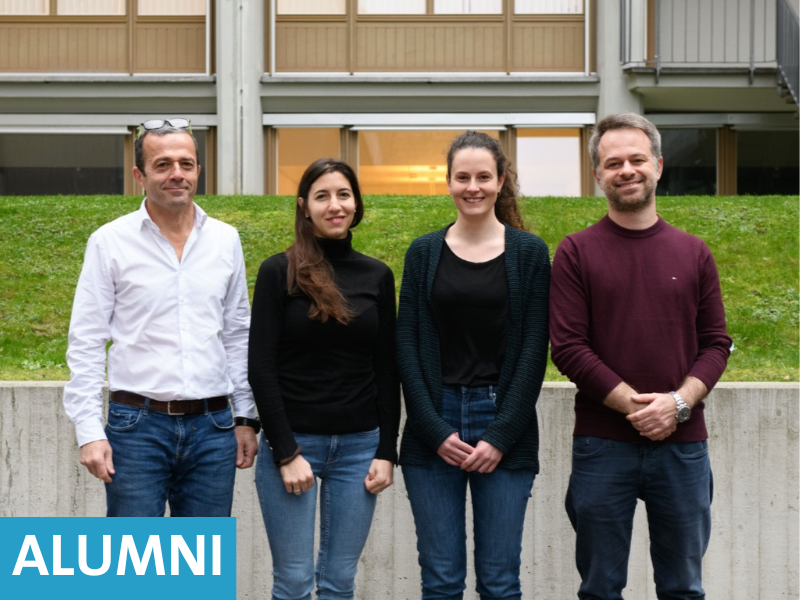Navigation auf uzh.ch
Navigation auf uzh.ch

Simon Bredl and his team are developing gene-engineered macrophages that will act to eliminate Triple Negative Breast Cancer (TNBC) cells, reverse the immunosuppressive properties of the tumor microenvironment (TME), and induce an immune response directed against the tumor and its metastases. During the Fellowship Simon aims to develop a lead candidate for TNBC and to start with first in vivo experiments in a TNBC humanized mouse model by 2023. In parallel he will take the necessary steps to start building the potential spin-off company.
Triple Negative Breast Cancers (TNBC) make up about 12.7% of all breast cancer cases but account for 40% of breast cancer related mortality. In TNBC, the cancer cells do not express estrogen- or progesterone receptors, and there is as lack of overexpression of human epidermal growth factor receptor 2 (HER2/ErbB2). Thus, endocrine based therapies do not work for TNBC and only very limited therapeutic options exist. TNBC affects mainly women less than 40 years of age, is more aggressive and the prognosis is much worse than for the other breast cancer types. If TNBC is diagnosed at an early stage, the 5-year survival rate is ~91% as in other breast cancer types. However, TNBC is often diagnosed at advanced disease stages and its very aggressive behavior contributes to the overall fatal outcome. The presence of metastases in lung, liver or bone marrow is an ominous sign and goes along with a 5-year survival rate of only 12%.
With the gene-engineered macrophages, Simon and his team are using the features of the tumor and its microenvironment and turning it against the tumor. The goal is a better treatment or even remission of TNBC. If the work is successful, the engineered macrophages may also be applicable for other tumor types that are currently hard to treat.
Affiliation: Prof. Dr. med. Roberto Speck
Start date: 03/2022